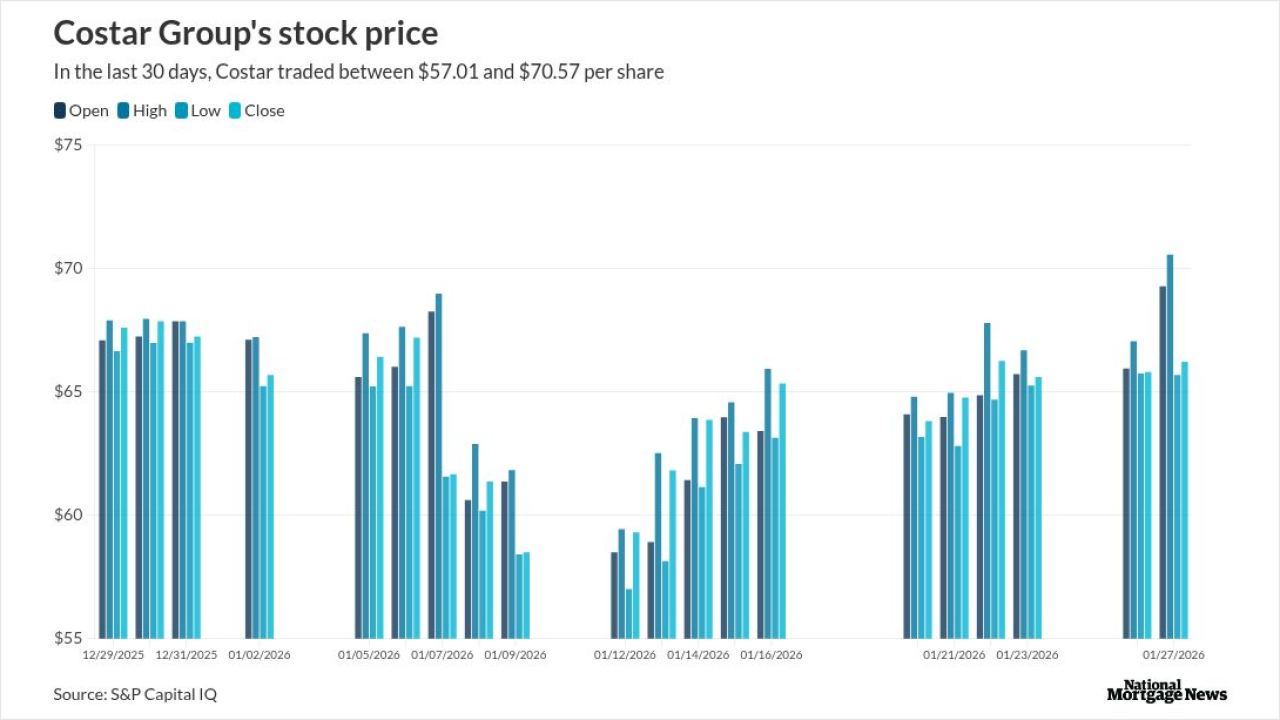Better.com saw huge growth in mortgages to traditionally underserved customer bases in 2019 and believes digital applications led to the avoidance of discriminatory lending.
The online mortgage lender's Consumer Trend Report for 2019 showed its total loan numbers increased annually by 350%. Within that,

For borrowers between the ages of 30 and 40 years old, Better had an annual increase of 532% in Hispanics and a 411% increase
The demographic of single women borrowers between the ages of 20 and 60 years old grew by approximately 500%.
"It was hugely gratifying for me to consider the fact that Better.com doesn’t do any specific targeting to any of the underserved constituencies that made up the largest swath of our customer base in 2019," Vishal Garg, CEO and Founder of Better.com, said in the report. "The huge uptick we saw in these groups proves that our technology has paved the way for these previously marginalized folks to become homeowners. Our findings suggest that the long-standing discrimination faced by many when it comes to getting a home loan can be significantly reduced through the use of technology to help prevent bias."
The industry's global rise in digital mortgages draws a direct parallel to decreased lending discrimination. A




